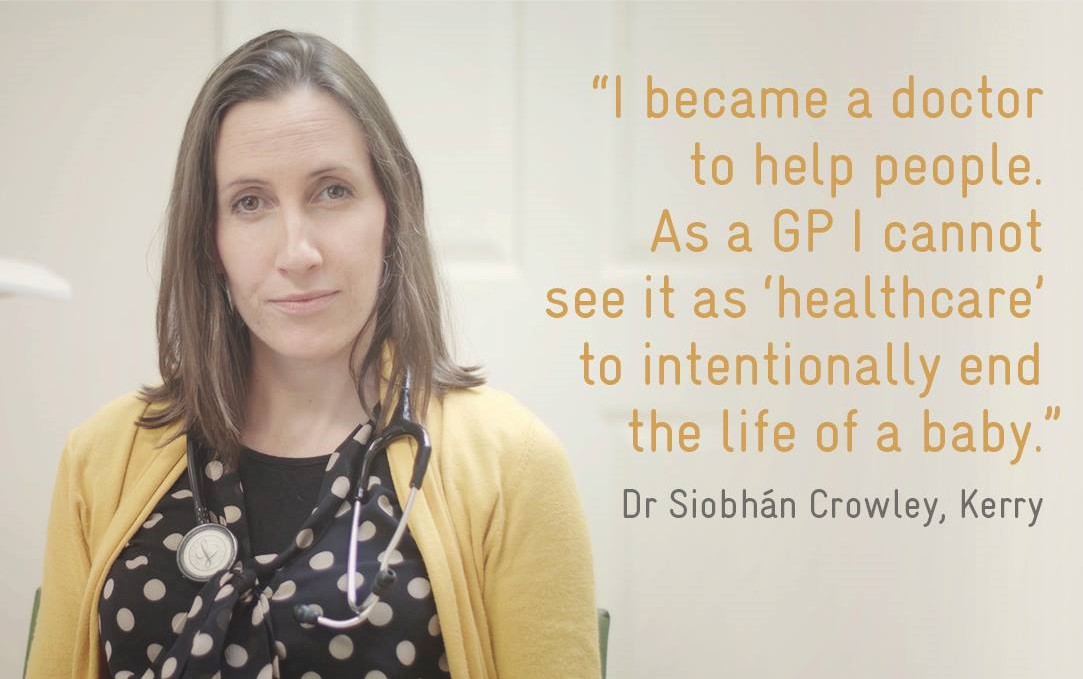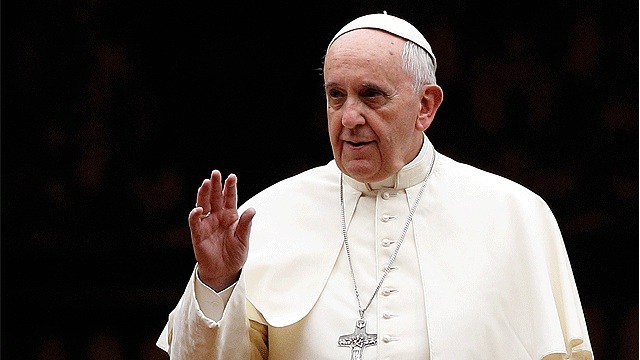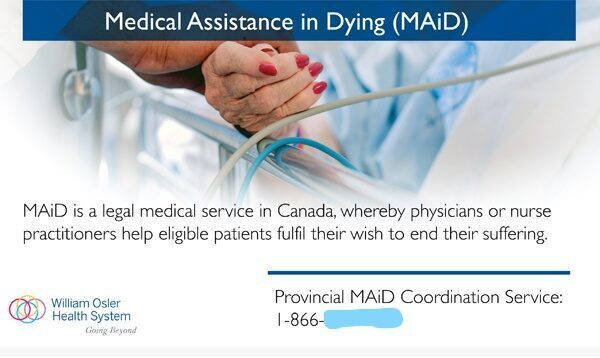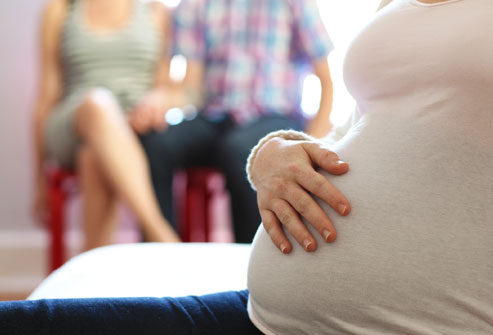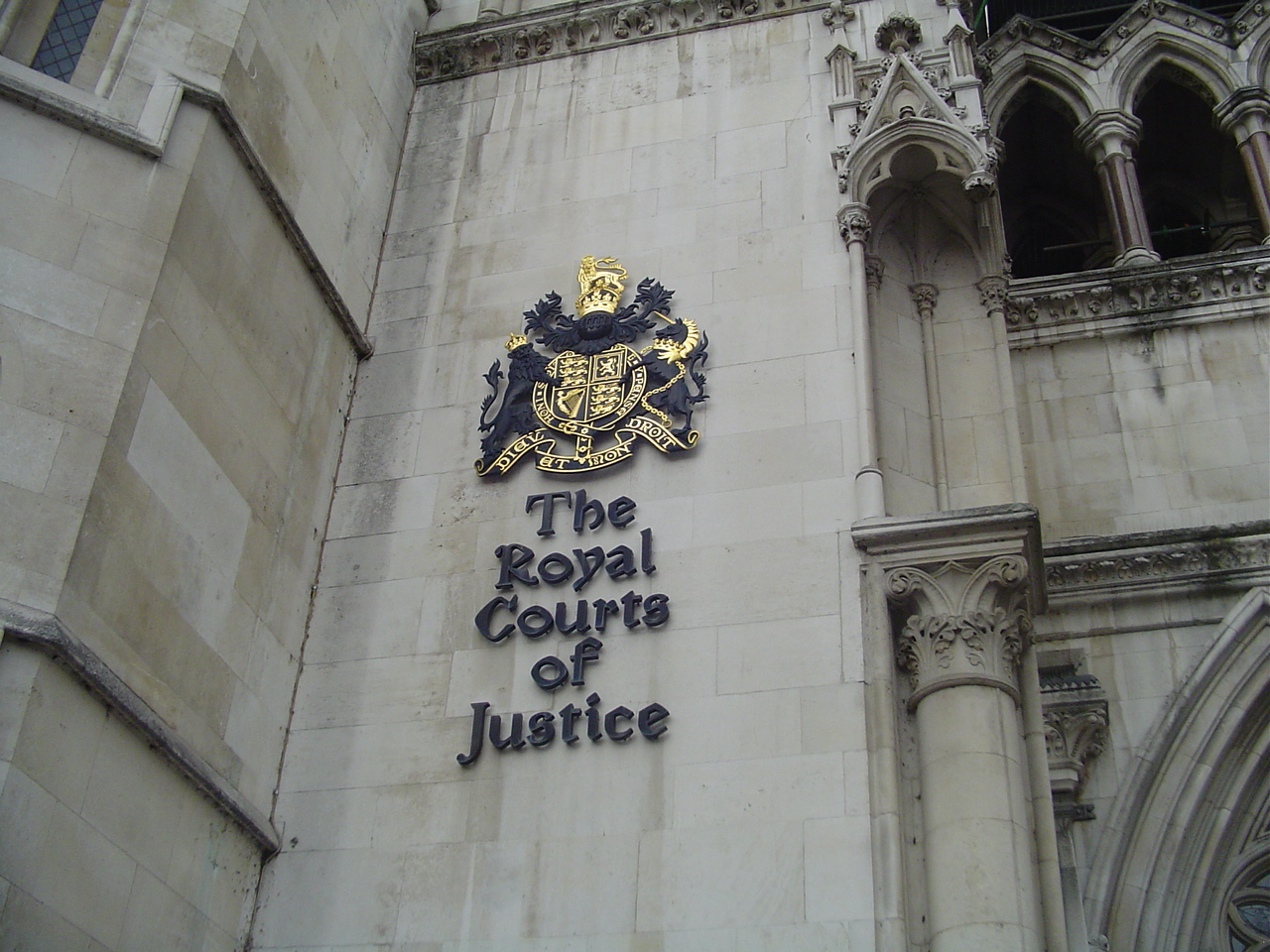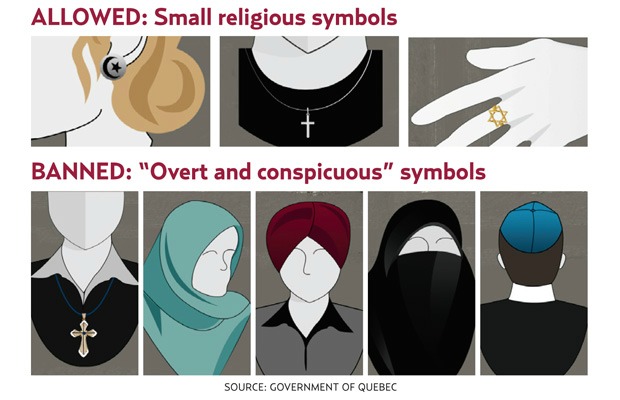One hundred children from the Republic of Ireland have been sent to England over the past three years to be assessed at a controversial clinic accused of fast-tracking gender changes. Five staff members, including consultant Psychotherapist Marcus Evans, one of the former governors of the Tavistock and Portman NHS Foundation Trust, resigned over concerns that the Tavistock youth gender clinic was too quick to give children and young people gender reassignment treatment.
The most recent figures released from the clinic in London show that 38 Irish children attended their service from June 2017 to June 2018, while 35 children were referred the previous year, and 27 the year before that.
Since 2010, 117 boys and girls from Ireland have been referred to the clinic; but there has been a sharp rise in referrals in the past three years.
The children, aged eight to 17, are initially psychologically assessed in the UK Clinic while treatment, which can involve puberty blockers in some cases, is now mainly carried out in the Our Lady’s Children’s Hospital in Dublin.
In a statement released over the weekend, the HSE said: “We now have a planned and funded commitment to have the services delivered by a full staff team based in Ireland and we are currently recruiting in that regard.” The statement added that Tavistock are supporting them to make the change.


